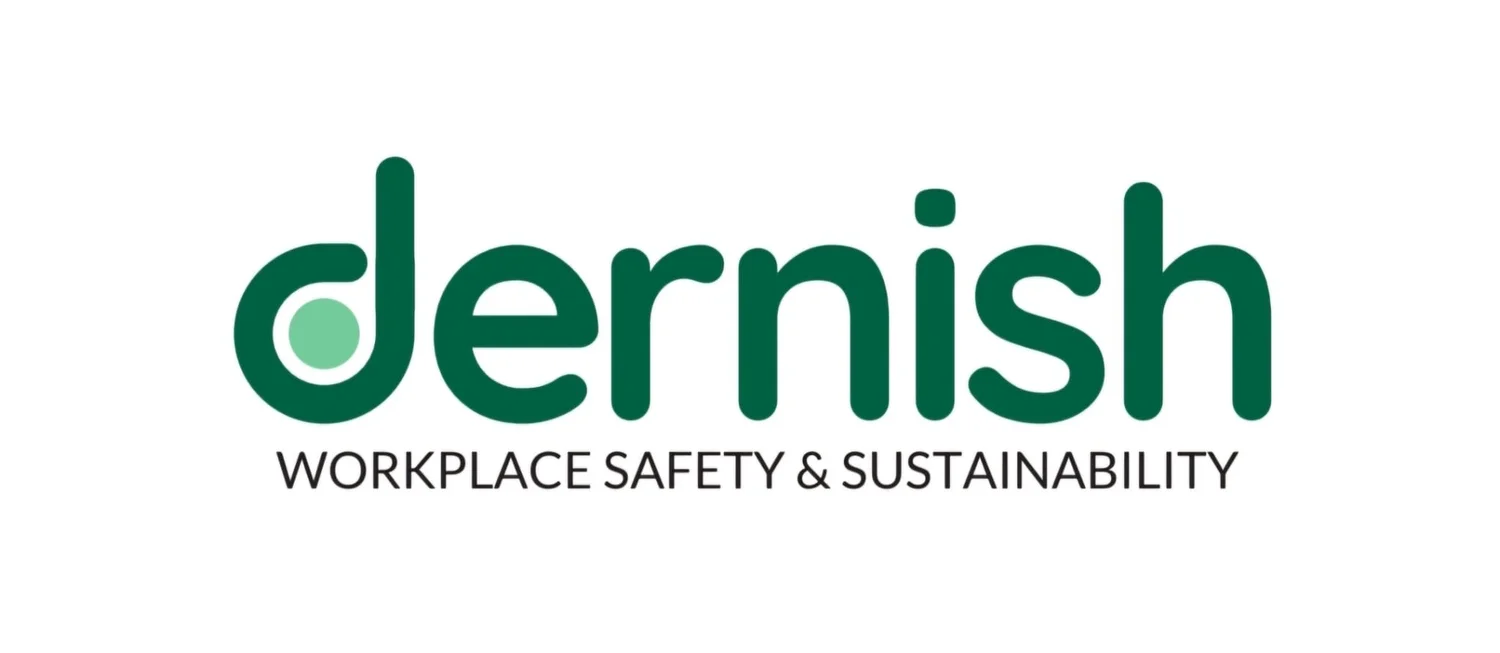Health and Safety Regulations for Restaurants in Ireland: A Brief Guide
It all begins with an idea.
Running a restaurant in Ireland requires strict compliance with health and safety regulations to protect customers, staff, and your business. Failure to meet these standards can result in fines, closures, or legal action. Here’s what you need to know.
Key Health & Safety Regulations for Irish Restaurants
1. Food Safety & Hygiene (FSAI Compliance)
The Food Safety Authority of Ireland (FSAI) enforces strict hygiene standards. Key requirements include:
HACCP (Hazard Analysis Critical Control Point) – A mandatory food safety management system.
Safe food storage – Proper refrigeration, pest control, and stock rotation.
Staff training – At least one trained food handler must be on-site.
2. Workplace Safety (Health & Safety Authority - HSA)
The HSA regulates employee safety. Essential measures:
Fire safety – Fire exits, extinguishers, and staff training.
Slip & trip prevention – Non-slip flooring and clear walkways.
Manual handling training – To prevent injuries from lifting heavy items.
3. COVID-19 & Ongoing Hygiene Measures
While most restrictions have lifted, best practices remain:
Regular sanitisation of high-touch surfaces.
Handwashing stations with soap and sanitiser.
Ventilation improvements to reduce airborne risks.
4. Allergen Awareness
EU Food Information for Consumers Regulation (FIC) requires:
Clear allergen labelling (14 major allergens).
Staff trained in allergen management.
5. Waste Management & Environmental Health
Proper waste disposal to prevent contamination.
Grease trap maintenance to avoid blockages.
Why Compliance Matters
Failing health inspections can damage reputation and lead to legal penalties. Regular audits, staff training, and updated safety protocols ensure smooth operations.
Need Help?
Consult the FSAI and HSA websites for official guidelines. Hiring a food safety consultant can streamline compliance.
By prioritising health and safety, your restaurant can deliver great dining experiences while staying legally compliant.
Why Food Safety Training is Essential for Childcare & Early Years Professionals
It all begins with an idea.
Food safety is a critical responsibility for childcare providers, nurseries, and Early Years settings. Young children are particularly vulnerable to foodborne illnesses, making proper training essential for all staff handling food. Here’s why food safety certification matters - and how it protects children, staff, and your childcare business.
Key Reasons Food Safety Training is Vital in Childcare
1. Protecting Children from Foodborne Illness
Children under 5 years old have weaker immune systems, increasing their risk of:
Food poisoning (e.g., from E. coli or Salmonella)
Allergic reactions (nut allergies, dairy intolerance)
Choking hazards (improperly cut foods)
Proper training ensures staff can:
✔ Store, prepare, and serve food safely
✔ Recognise and prevent cross-contamination
✔ Handle allergens correctly
2. Compliance with Legal Requirements
In Ireland and the UK, childcare providers must follow strict food hygiene laws, including:
HACCP (Hazard Analysis Critical Control Point) – A mandatory food safety system
FSAI (Food Safety Authority of Ireland)
Early Years Regulations (Tusla inspections in Ireland)
Non-compliance risks:
⚠ Fines or closure
⚠ Loss of parental trust
3. Reducing Allergy Risks
With 1 in 12 children having food allergies, trained staff must:
Read ingredient labels carefully
Prevent cross-contact (e.g., nut-free zones)
Recognise anaphylaxis symptoms and use epinephrine pens
4. Promoting Healthy Eating Habits
Food safety training also covers:
Nutritional guidelines for balanced meals
Safe food preparation (e.g., cutting grapes lengthwise to prevent choking)
Hygienic practices (handwashing, clean surfaces)
5. Building Parental Confidence
Parents trust childcare centres that:
✅ Display food hygiene ratings (e.g., Ireland’s Food Hygiene Rating System)
✅ Employ trained, certified staff
✅ Follow best practices in meal planning
Who Needs Food Safety Training?
Early Years practitioners (preparing snacks)
Kitchen staff (cooking meals)
Managers (ensuring compliance)
How to Get Certified
Courses like Food Safety Level 1 and HACCP (Ireland) are available online with a Dernish LMS. Contact us for a free 20-minute demo. Check out our available courses here
Blog Post Title Three
It all begins with an idea.
It all begins with an idea. Maybe you want to launch a business. Maybe you want to turn a hobby into something more. Or maybe you have a creative project to share with the world. Whatever it is, the way you tell your story online can make all the difference.
Don’t worry about sounding professional. Sound like you. There are over 1.5 billion websites out there, but your story is what’s going to separate this one from the rest. If you read the words back and don’t hear your own voice in your head, that’s a good sign you still have more work to do.
Be clear, be confident and don’t overthink it. The beauty of your story is that it’s going to continue to evolve and your site can evolve with it. Your goal should be to make it feel right for right now. Later will take care of itself. It always does.
Blog Post Title Four
It all begins with an idea.
It all begins with an idea. Maybe you want to launch a business. Maybe you want to turn a hobby into something more. Or maybe you have a creative project to share with the world. Whatever it is, the way you tell your story online can make all the difference.
Don’t worry about sounding professional. Sound like you. There are over 1.5 billion websites out there, but your story is what’s going to separate this one from the rest. If you read the words back and don’t hear your own voice in your head, that’s a good sign you still have more work to do.
Be clear, be confident and don’t overthink it. The beauty of your story is that it’s going to continue to evolve and your site can evolve with it. Your goal should be to make it feel right for right now. Later will take care of itself. It always does.



